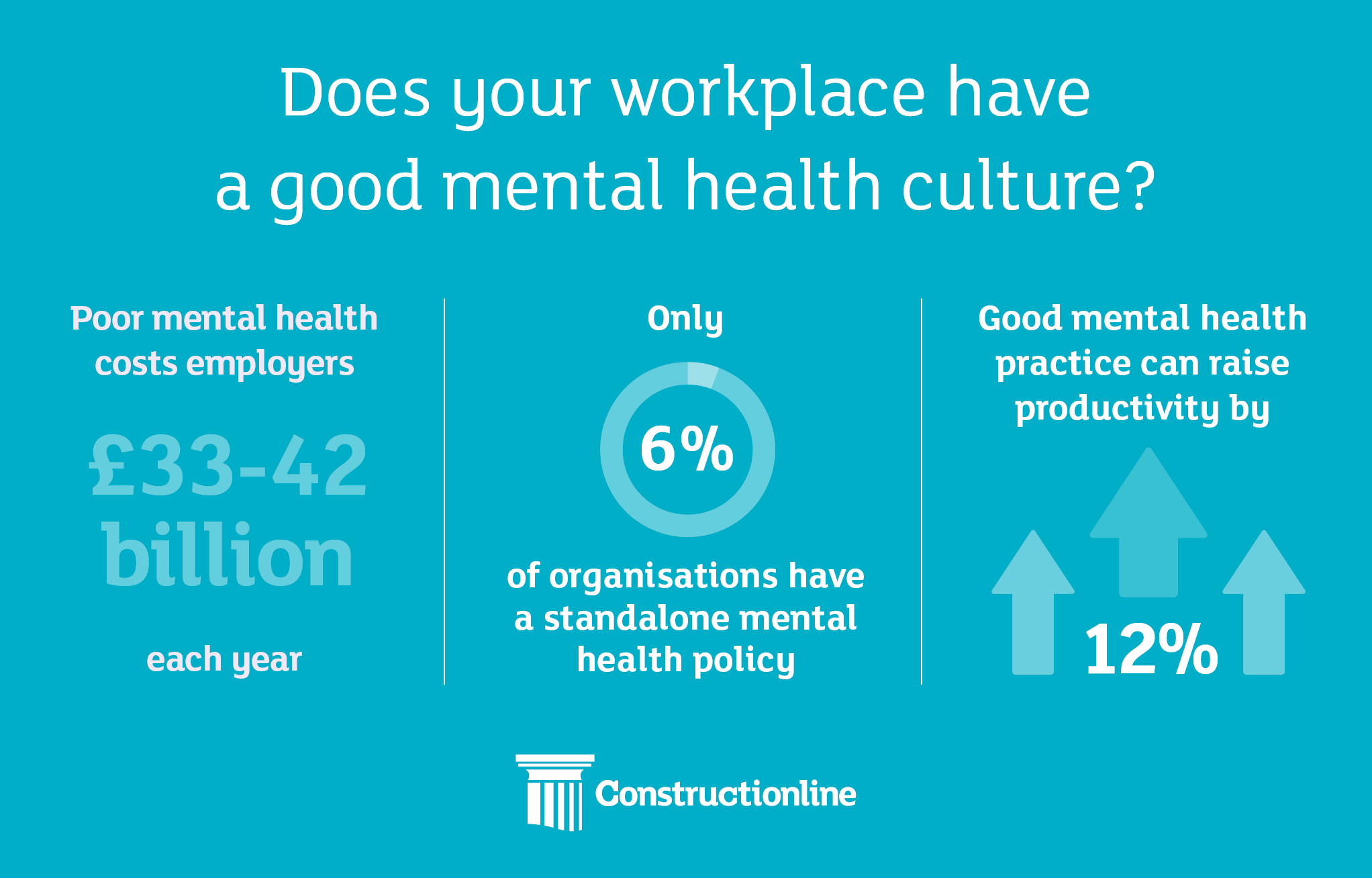One source said that legal systems have in the previous endorsed these traditions of male dominance, and it is only in current years that abusers have actually begun to be penalized for their behavior. In 1879, a Harvard University law scholar wrote, "The cases in the American courts are consistent against the right of the hubby to use any chastisement, moderate or otherwise, towards the other half, for any function." While recognizing that scientists have actually done valuable work and highlighted neglected topics critics recommend that the male cultural domination hypothesis for abuse is untenable as a generalized explanation for many factors: A 1989 study concluded that many variables (racial, ethnic, cultural and subcultural, citizenship, faith, family dynamics, and psychological illness) make it extremely difficult or impossible to define male and female functions in any significant method that use to the whole population.
Peer-reviewed studies have produced irregular outcomes when directly taking a look at patriarchal beliefs and other half abuse. Yllo and Straus (1990) said that "low status" females in the United States suffered higher rates of spousal abuse; nevertheless, a rejoinder argued that Yllo and Straus's interpretive conclusions were "complicated and contradictory". Smith (1990) approximated that patriarchal beliefs were a causative aspect for just 20% of spouse abuse (how to obtain mental health records).
Additionally, a 1994 study of Hispanic Americans exposed that traditionalist males displayed lower rates of abuse towards women. Research studies from the 1980s revealed that treatment programs based upon the patriarchal privilege model are flawed due to a weak connection between abusiveness and one's cultural or social attitudes. A 1992 research study difficulty the idea that male abuse or control of ladies is culturally approved, and concluded that violent men are commonly deemed inappropriate partners for dating or marital relationship.
A 1986 research study concluded that the bulk of males who dedicate spousal abuse concur that their behavior was unsuitable. A 1970 research study concluded that a minority of men authorize of spousal abuse under Helpful hints even minimal situations. Research studies from the 1970 and 1980s concluded that the bulk of guys are non-abusive towards girlfriends or other halves for the duration of relationships, contrary to predictions that aggression or abuse towards females is a natural element of masculine culture.
Some Known Questions About Mental Set Operates At Which Stage Of Problem Solving?.
It is recommended that some forms of psychopathology cause some guys adopting patriarchal ideology to justify and justify their own pathology." A 2010 research study stated that fundamentalist views of religious beliefs tend to enhance emotional abuse, and that "Gender injustice is usually equated into a power imbalance with women being more vulnerable.
Some studies say that fundamentalist religious restrictions against divorce might make it harder for spiritual guys or females to leave an abusive marital relationship. A 1985 survey of Protestant clergy in the United States by Jim M Alsdurf discovered that 21% of them concurred that "no quantity of abuse would justify a female's leaving her partner, ever," and 26% agreed with the statement that "a spouse ought to send to her hubby and trust that God would honor her action by either stopping the abuse or giving her the strength to endure it." A 2016 report by the Muslim Women's Network UK cited several barriers for Muslim ladies in violent marriages who look for divorce through Sharia Council services.

Dutton, Donald G. (Summertime 1994). "Patriarchy and partner assault: the ecological misconception". 9 (2 ): 167182. doi:10. 1891/0886 -6708. 9.2. 167. PMID 7696196. S2CID 35155731. Dutton, Mary Ann; Goodman, Lisa A.; Bennett, Lauren (2000 ), "Court-involved battered ladies's reactions to violence: the function of psychological, physical, and sexual assault", in Maiuro, Roland D.; O'Leary, K.
197, ISBN 9780826111463. Thompson, Anne E.; Kaplan, Carole A. (February 1996). "Youth emotional abuse". 168 (2 ): 143148. doi:10. 1192/bjp. 168.2. 143. PMID 8837902. " Psychological abuse". Counseling Center, University of Illinois Urbana-Champaign. 2007. Archived from the original on 20 November 2014. Obtained 8 November 2013. Smith, Melinda; Segal, Jeanne (December 2014).
What Does How To Improve Mental Math Mean?
helpguide. org. Helpguide. org. Retrieved 14 February 2015. Mega, Lesly Tamarin; Mega, Jessica Lee; Mega, Benjamin Tamarin; Harris, Beverly Moore (SeptemberOctober 2000). "Brainwashing and battering fatigue: psychological abuse in domestic violence". North Carolina Medical Journal. 61 (5 ): 260265. PMID 11008456. National Domestic Violence Hotline; National Center for Victims of Criminal Offense; WomensLaw.
" Domestic violence". justice. gov. U.S. Department of Justice. " What is Emotional Abuse?". Public Health Firm of Canada. 4 July 2011. Archived from the initial on 7 April 2005 Addiction Treatment Delray (which of the following is true about mental images?). Obtained 27 January 2019. Besharov, Hop over to this website Douglas J. (1990 ). New York Toronto New York: Free Press Collier Macmillan Maxwell Macmillan. ISBN 9780029030813. Tomison, Adam M.; Tucci, Joe (September 1997).
National Child Protection Cleaning House (NCPC). 8. Vachss, Andrew (28 August 1994). " You bring the treatment in your own heart". Athlon Publishing. Murphy, Christopher M.; O'Leary, K. Daniel (October 1989). "Mental aggression forecasts physical aggression in early marriage". 57 (5 ): 579582. doi:10. 1037/0022 -006 X. 57. 5.579. PMID 2794178. Capaldi, Deborah M.; Knoble, Naomi B.; Shortt, Joann Wu; Kim, Hyoun K.
" A Methodical Review of Danger Elements for Intimate Partner Violence". 3 (2 ): 231280. doi:10. 1891/1946 -6560. 3.2. 231. PMC. PMID 22754606. Hamel, John (2014 ). Gender-inclusive treatment of intimate partner abuse: evidence-based techniques (second ed.). New York, New York: Springer Publishing Company, LLC. ISBN 9780826196774. Basile, Steve (February 2004). "Comparison of abuse declared by exact same- and opposite-gender litigants as cited in demands for abuse prevention orders".
The 20-Second Trick For How To Get Mental Health Help
19 (1 ): 5968. doi:10. 1023/B: JOFV.0000011583. 75406.6 a. S2CID 23539857... male and female accuseds, who were the subject of a grievance in domestic relations cases, while sometimes displaying different aggressive propensities, measured practically equally violent in regards to the total level of psychological and physical hostility. Muoz-Rivas, Marina J.; Gmez, Jos Luis Graa; O'Leary, K.
" Physical and psychological aggressiveness in dating relationships in Spanish university students". Psicothema. 19 (1 ): 102107. PMID 17295990. Welsh, Deborah P.; Shulman, Shmuel (December 2008). " Directly observed interaction within adolescent romantic relationships: What have we learned?". Journal of Adolescence. 31 (6 ): 877891. doi:10. 1016/j. teenage years. 2008. 10.001. PMC. PMID 18986697.

( May 1996). "The revised Dispute Methods Scales (CTS2): development and initial psychometric data". 17 (3 ): 283316. doi:10. 1177/019251396017003001. S2CID 145367941. Brief type from Giordano, Peggy C.; Millhollin, Toni J.; Cernkovich, Stephen A.; Pugh, M.D.; Rudolph, Jennifer L. (February 1999). "Deliquency, identity, and females's involvement in relationship violence". 37 (1 ): 1740.
1111/j. 1745-9125. 1999. tb00478. x. Saunders, Daniel G (what does a mental breakdown look like). (December 2002). "Are Physical Attacks by Spouses and Sweethearts a Major Social Issue?". 8 (12 ): 14241448. doi:10. 1177/10780102237964 (non-active 10 January 2021). CS1 maint: DOI inactive as of January 2021 (link) " Young boys do not cry". BBC. 27 February 2009. Obtained 6 July 2009. A BBC radio documentary.
How To Get Over A Mental Block In Tumbling Can Be Fun For Everyone
( November 2003). "Mental aggressiveness by American parents: nationwide information on frequency, chronicity, and intensity". 65 (4 ): 795808. CiteSeerX. doi:10. 1111/j. 1741-3737. 2003.00795. x. JSTOR 3599891. English, Diana J.; Graham, J. Christopher; Newton, Rae R.; Lewis, Terri L.; Richard, Thompson; Kotch, Jonathan B.; Weisbart, Cindy (May 2009). "At-risk and maltreated kids exposed to intimate partner aggression/violence: what the conflict looks like and its relationship to child results".